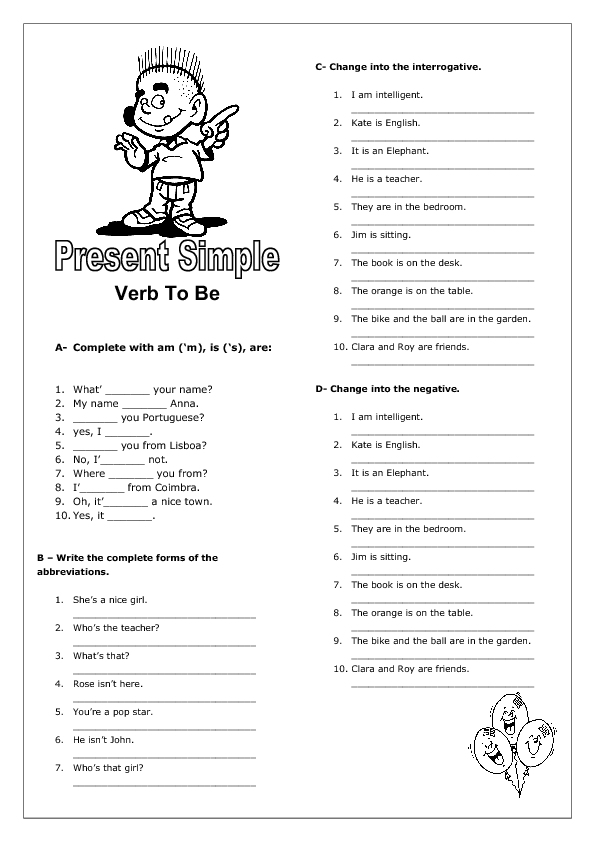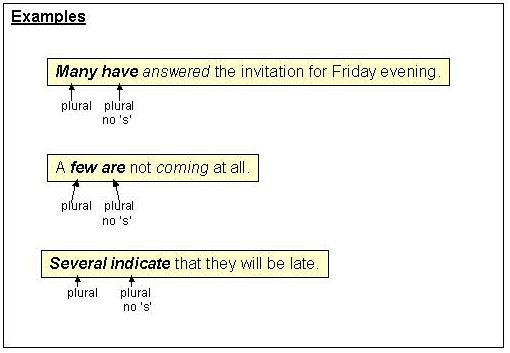What Are The Be Verbs


Auxiliary verbs in English are used in many ways. We use them to make questions, negatives, emphatic forms, progressive forms, perfect forms and passive voice, for example. There are a number of verbs used in this way: be, have and do are the most common but there are others.
Transitive verbs describe an action that is happening to someone or something. This person or thing is known as the direct of the verb.
What Are The Be Verbs In English
For example: • “He’s reading a book.” (The action of reading is happening to the book.) • “The people watched the game from the bleachers.” (The action of watched is happening to the game.) • “I was eating a delicious steak for dinner last night.” (The action of eating is happening to a delicious steak.) • Transitive verbs can also take indirect objects, which are the people or things receiving the direct object. For instance: • “I sent my brother a letter.” ( My brother receives the letter through the action of sent.). There are also (often just called modal verbs), which are used to express modality—that is, possibility, likelihood, ability, permission, obligation, or future intention. These are can, could, will, would, shall, should, must, may, and might. They are distinguished by the fact that they are unable to conjugate into different forms, and they are only followed by a verb in its base form. For example: • “I will be there tonight.” (future intention) • “She can write very well.” (ability) • “ May I be excused from the table?” (permission) • “We must finish this today.” (obligation). The term conditional verbs refers to verb constructions that are used in, which describe a hypothetical outcome that is reliant upon another conditional situation being true.